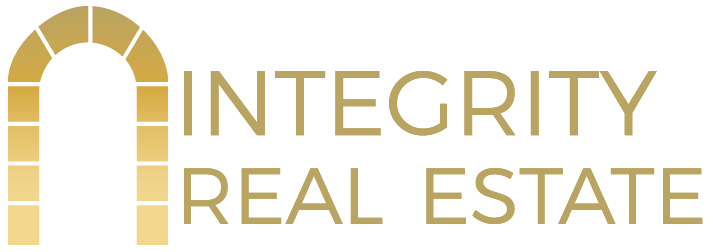Betterment Tax in Jerusalem – information you need to know
How New Zoning Laws in Jerusalem May Affect You
This past July, the municipality and construction ministry passed new zoning laws for Rechavia, and parts of Talbieh, Shaarei Chesed and Kyriat Shmuel. In many cases this will have absolutely no affect on buyers or sellers in the real estate market. However, there are situations where it would affect both buyers and sellers of real estate in Jerusalem, therefore it is best to be informed and prepared for potentially sticky situations.
The purpose of the new zoning laws is 1) to protect historically and architecturally unique buildings from being destroyed, 2) to provide more building opportunities close to the city center, and 3) to delineate the development of public areas including streets, parks etc in the neighborhood.
In the attempt to provide more building opportunities, the zoning plan has allocated additional building rights in the area. In the case of Rechavia, Talbieh and the surrounding area, the zoning has been changed to allow for more building rights for many lots. Buildings that are three stories high will be permitted to add another two floors, and buildings on large plots of land will be permitted to extend outward. This will definitely apply to the older original Rechavia homes. Buildings that were constructed in the past few of years will probably not fall into this category as developers were permitted to build according to the new zoning laws before they came into effect.
How could all of this affect you?
There is clearly a huge benefit to owners living in an area where building rights have increased. Building rights automatically increase the value of a home, especially in central Jerusalem. There is, however, also a consequence to the increase in building rights…
In receiving building rights, owners of apartments will be subject to Hetel Hashbacha, or betterment tax. Hetel Hashbacha applies to properties that have increased in value as a result of zoning changes. The calculation of the tax is up to 50% of the evaluation of the appreciation of property value as a result of increased building rights. The municipality evaluates what it thinks is the appreciation of a property value as a result of additional building rights and it will charge up to 50% of that value to the home owner. It is the responsibility of the homeowner to pay this tax and the land authority will not authorize a sale unless the tax has been paid.
I was told by a colleague, Yair Breslauer of the company Heter (local experts in building rights) about one extreme case this summer in which a man sold his home three days after the new zoning laws came into effect in July. After the sale, the municipality informed the seller that he owed NIS 270,000 in betterment tax because of the building rights that he had just received unknowingly a few days before. Not a pleasant surprise!
I do not think that most owners will face such an extreme situation, but nevertheless, we recommend that sellers do a thorough check at the municipality if their home is subject to Hetel Hashbacha . If you are a homeowner and know that you are subject to pay the betterment tax, you may want to consider hiring a shamai, or appraiser, to give a counter appraisal to that of the municipality (which could save you a lot of money).
If you are a buyer, it is important to check whether the property you are buying in Jerusalem is subject to betterment tax, and if so how much. You also want to be sure that the owner is taking responsibility for paying the tax and is not pushing the buck over to you.

Recent Comments